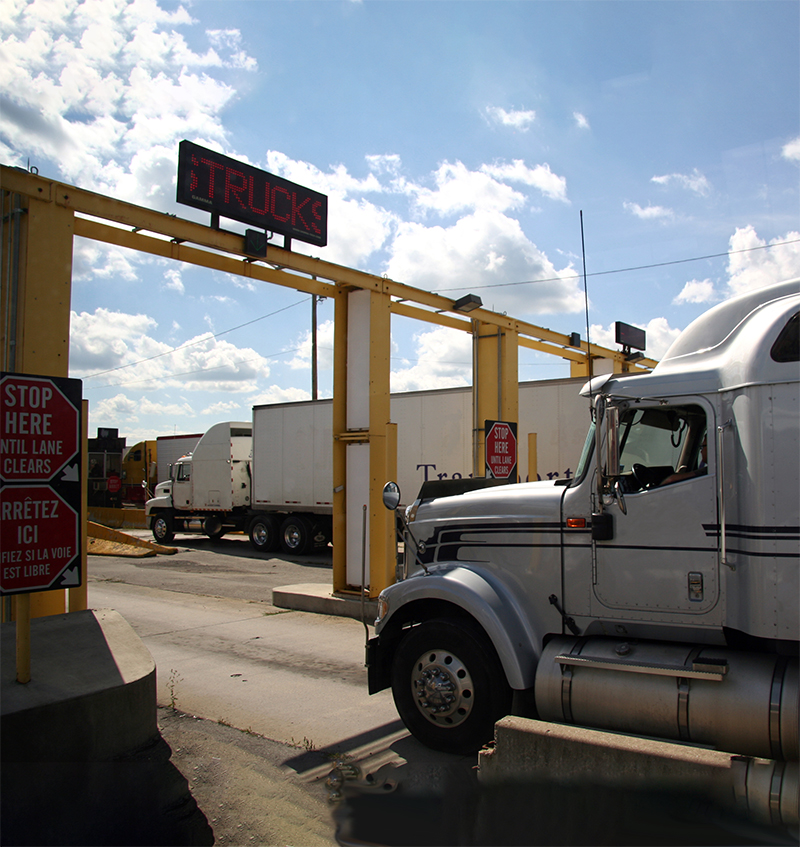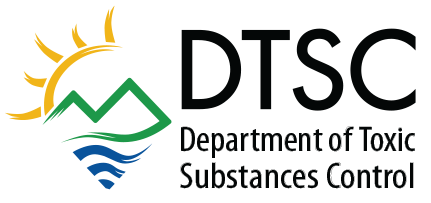Enforcement and Emergency Response Division’s Core Activities
The Enforcement and Emergency Response Division (EERD) protects public health and the environment by conducting the following core activities below.
Inspections
Conducting inspections of hazardous waste entities pursuant to Health and Safety Code 25001, et. seq., and section 25815 and its implementing regulations, including hazardous waste generators, transporters, used oil recycling facilities, electronic waste recyclers/handlers, and permitted hazardous waste treatment, storage and/or disposal facilities (TSDFs).
Responding to hazardous waste complaints related to environmental concerns, conducting complaint investigations, and referring cases to other agencies, as appropriate.
Maintaining and implementing a comprehensive Inspector Training Program that provides inspectors the technical skills and knowledge needed to perform effective hazardous waste inspections.

Enforcement
Pursuing enforcement for the most serious violations as authorized by the Health and Safety Code section 25180.
Ensuring violators achieve compliance with all applicable laws and regulations, penalizing violators as appropriate, depriving violators of economic benefit gained from non-compliance, and completing enforcement actions in a consistent and timely manner.
Collaborating with the Office of the Attorney General for civil enforcement actions or referring criminal enforcement actions to the District Attorney.
Promoting and supporting continual program evaluation and enhancements to ensure equitable, consistent & timely enforcement, and public transparency & accessibility.
Uploading enforcement data and documents to our public online database, EnviroStor.

Emergency Response
Conducting emergency response which includes off-highway incident response, clandestine laboratory clean-up, railroad accident response, disaster planning, and resumption of government planning responsibilities.

Border Program
Partnering with Mexico’s environmental agencies to provide compliance assistance to regulated entities, respond to complaints related to imported hazardous waste, and ensure compliance with federal and state hazardous waste laws and regulations along the border.
Providing training to Mexican industry and regulators on waste classification, import/export requirements, waste reduction, pollution prevention, and enforcement of hazardous waste laws and regulations.

Certified Unified Program Agency Support
Supporting and evaluating the hazardous waste portion of the Certified Unified Program Agencies’ implementation of the Unified Program.
Implementing the Unified Program as the Certified Unified Program Agency for Imperial and Trinity Counties.

Partnering with Other DTSC Programs
Collaborating with Department of Toxic Substances Control’s Permitting Division, Office of Geology, Office of Criminal Investigations, Office of Legal Counsel, and other programs.
Coordinating with the Permitting Division on inspections of permitted facilities.
Supporting the Permitting Division by evaluating permits and permit modification applications to ensure permits are enforceable.
Implementing the scoring component of the Violations Scoring Procedure regulations for permitted facilities.

Partnering with CalEPA Boards, Departments, and Offices
Coordinating hazardous waste inspection and enforcement activities with the United States Environmental Protection Agency, Certified Unified Program Agencies, and other agencies.
Collaborating with CalRecycle’s Electronic Waste Branch to oversee CalRecycle’s Covered Electronic Waste Recycling Program participants.
Coordinating and providing trainers for the Basic Inspector Academy training, which is used by California Environmental Protection Agency’s Boards, Departments, and Offices; Certified Unified Program Agencies; and other law enforcement agencies.

Public Engagement
Building strong relationships with communities, advocacy groups, federal, state, and local agencies, and the regulated industries to achieve our mission & vision.
Elevating awareness of environmental justice to prevent harm and protect California’s most vulnerable and environmentally burdened communities by increasing inspection activities, challenging existing inequities, and upholding U.S. EPA & CalEPA’s Memorandum of Understanding.

Enforcement and Emergency Response Division Links
Hazardous Waste Links
- Hazardous Waste Home
- Certified Appliance Recycler (CAR) Program
- CUPAs
- Defining Hazardous Waste
- Electronic Waste (E-Waste)
- Enforcement and Emergency Response Division
- Facilities (TSDFs)
- Generator Improvements Rule
- Generators
- Hazardous Waste ID Numbers
- Hazardous Waste Management Plan
- Hazardous Waste Manifests
- Hazardous Waste Tracking System
- Household Hazardous Waste
- Metal Recycling
- Metal Shredding Facilities and Wastes
- Permitting
- Toxics in Products
- Transporters
- Universal Waste
- Form 1358
- California Hazardous Waste Codes
Hazardous Waste Related Links
- Annual/Biennial Reports
- Annual Fee Summary
- Customer Billing Portal (Cost Recovery)
- DTSC Advisory on the Management of Spent Fuels
- EnviroStor
- Hazardous Waste Publications
- Find a Registered Hazardous Waste Transporter
- Hazardous Waste Policies & Procedures
- Hazardous Waste Project Documents
- Imports and Exports of Hazardous Waste
- Kettleman Hills Facility
- Land Use Restriction Sites
- Office of Criminal Investigations
- PV Modules (Solar Panels)
- Regulatory Assistance Office
- Report an Environmental Concern
- Retail Waste

